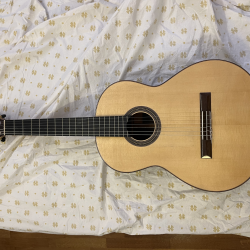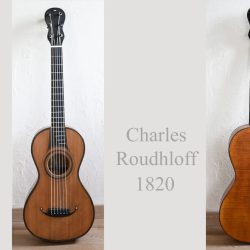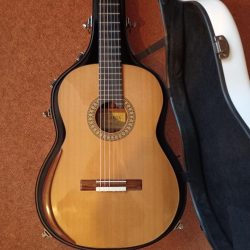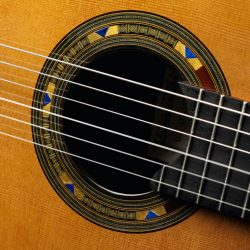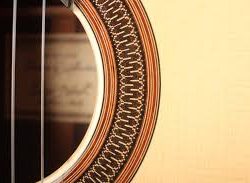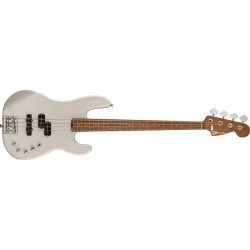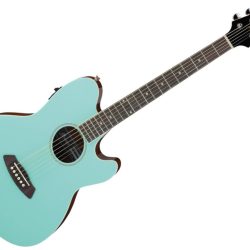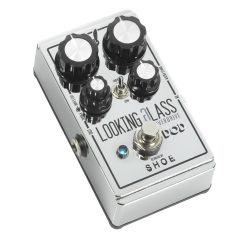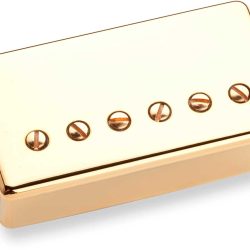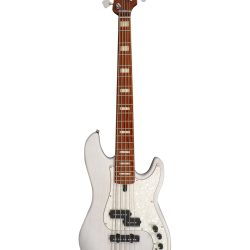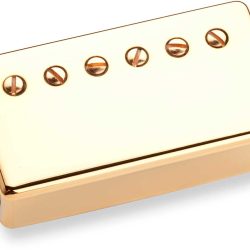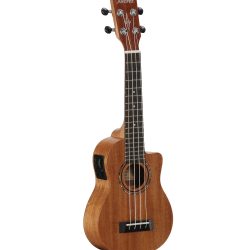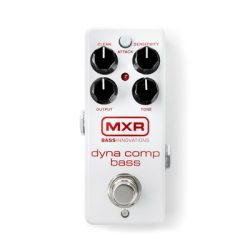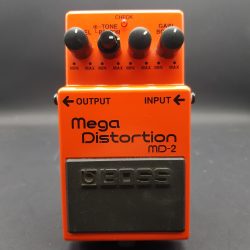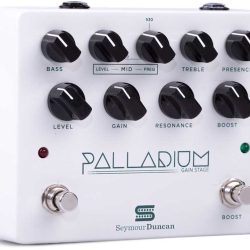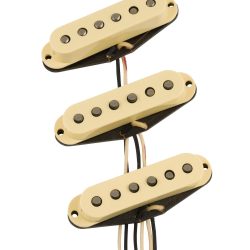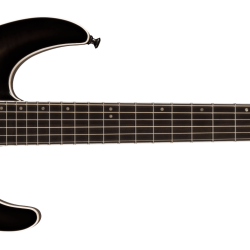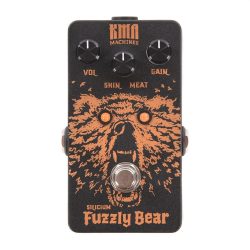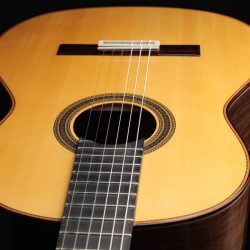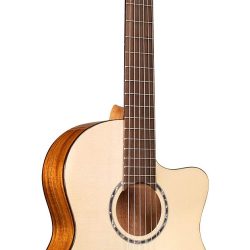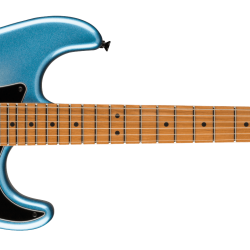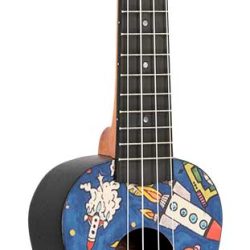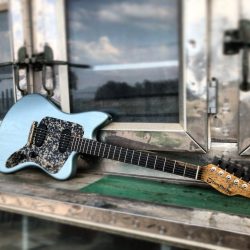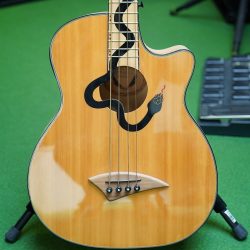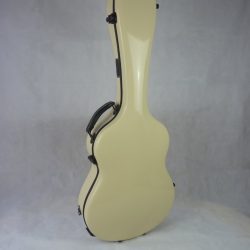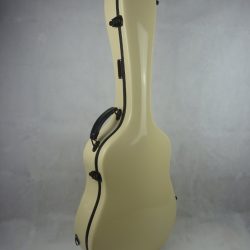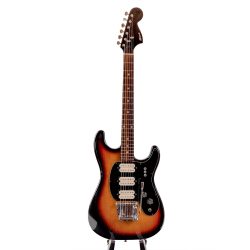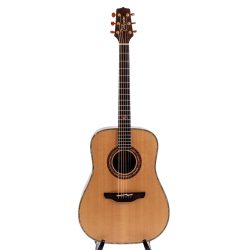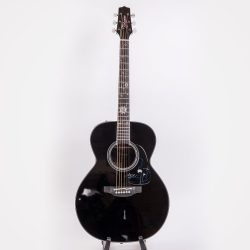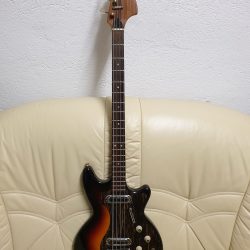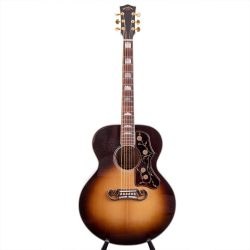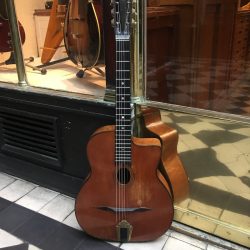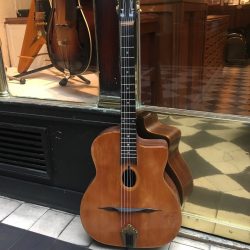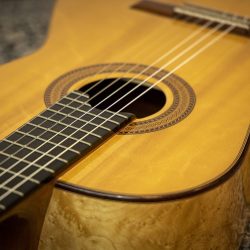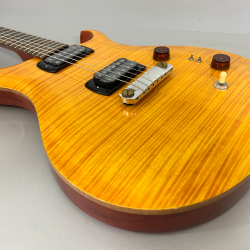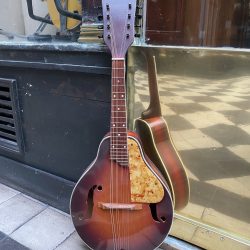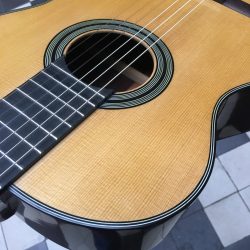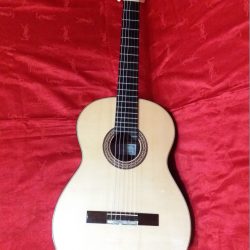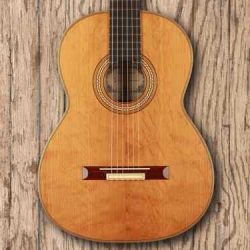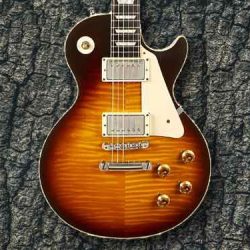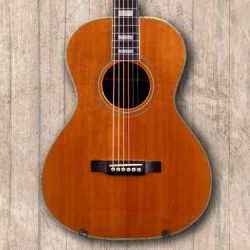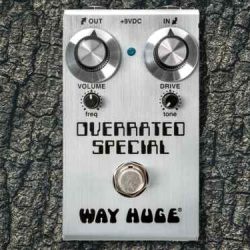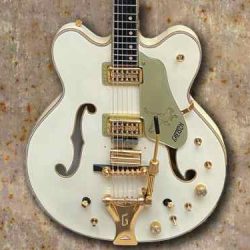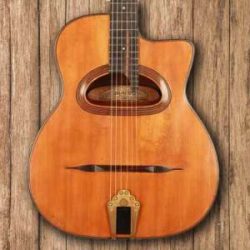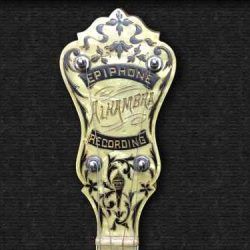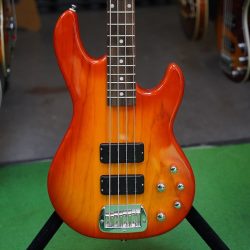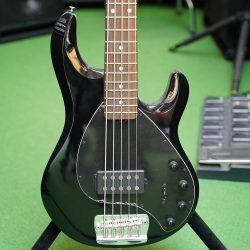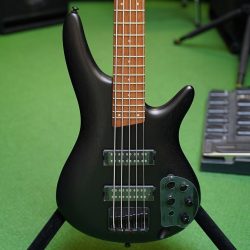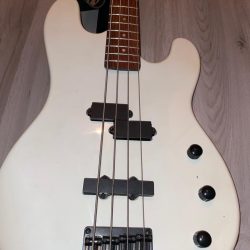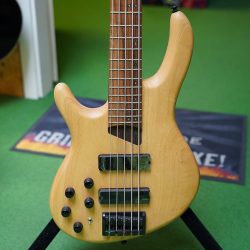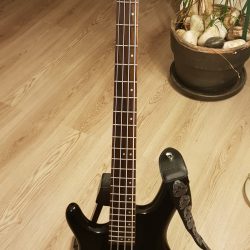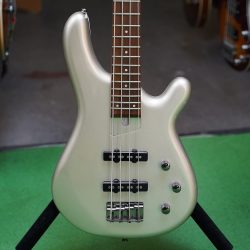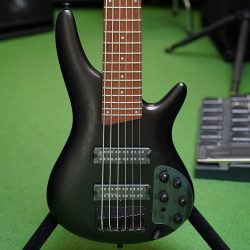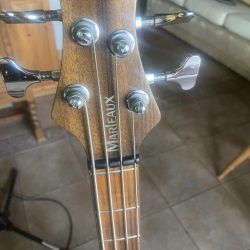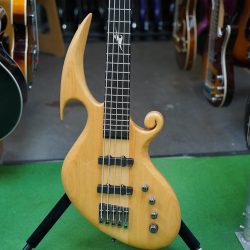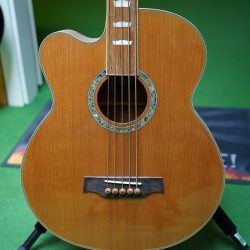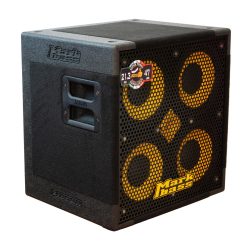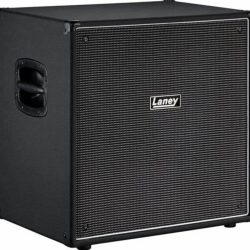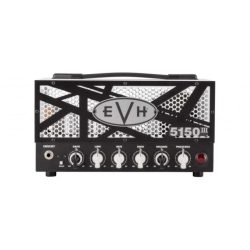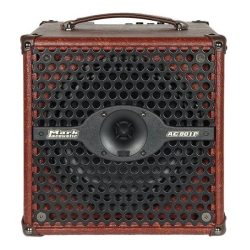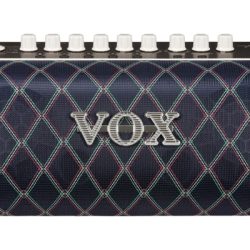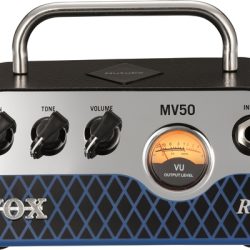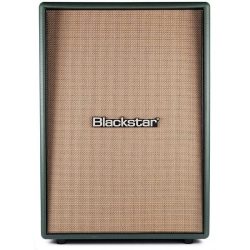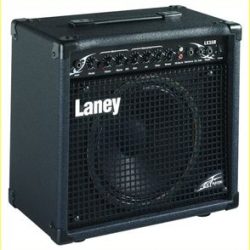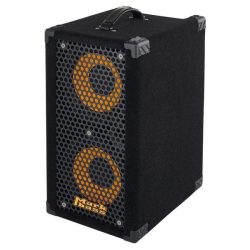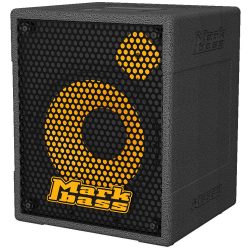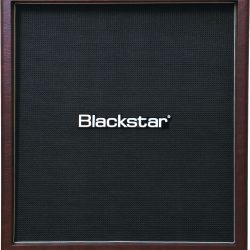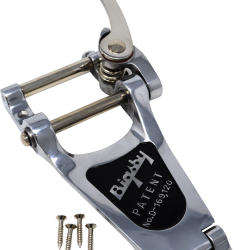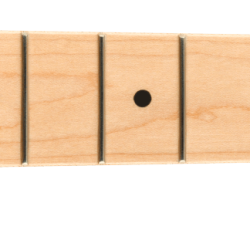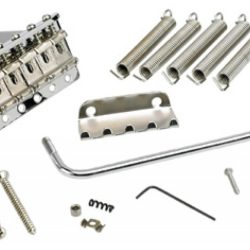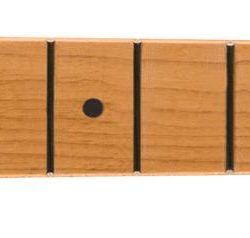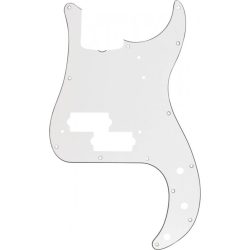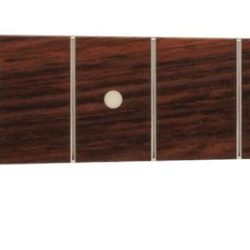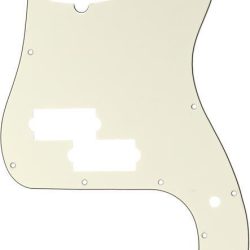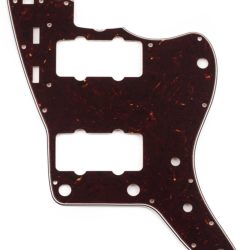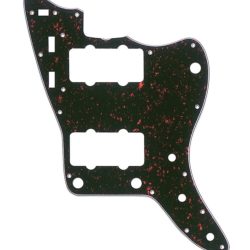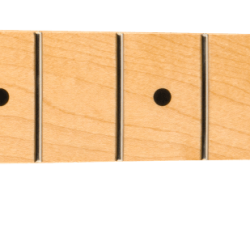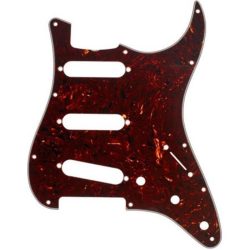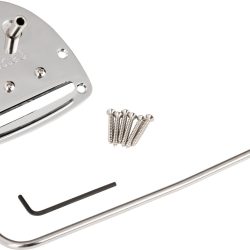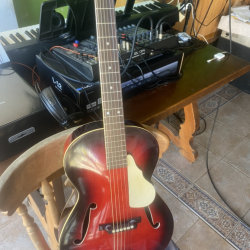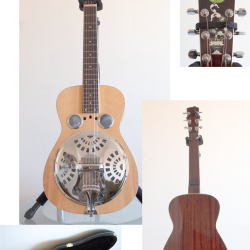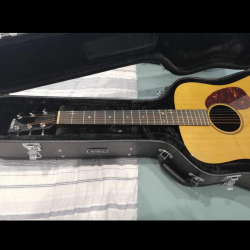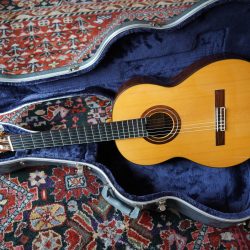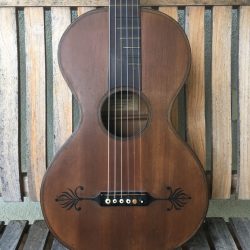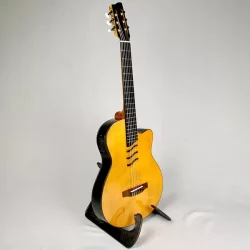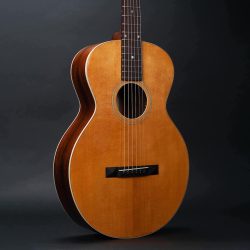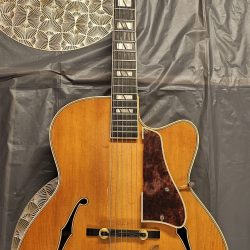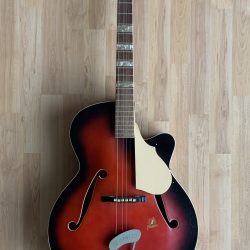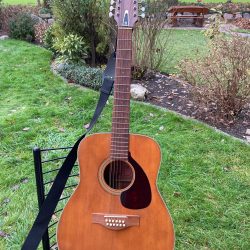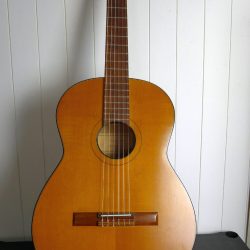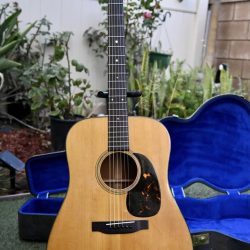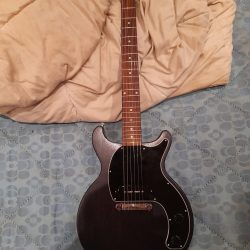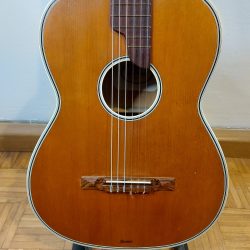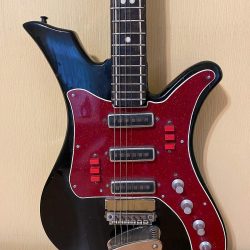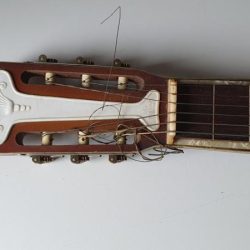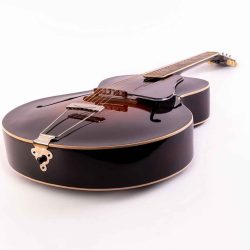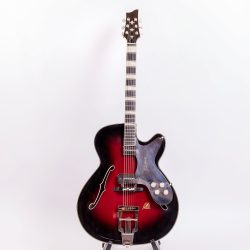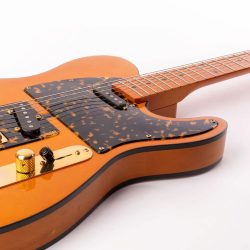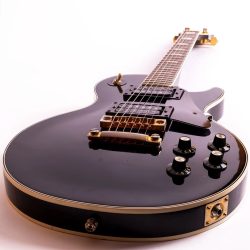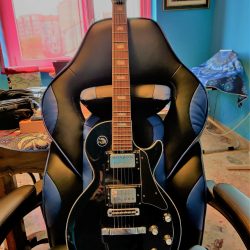Recently added Guitars
-
6.000€
-
-
-
-
2.400€
2.700€
-
235€
-
158€
-
162€
-
912€
-
173€
-
155€
-
190€
-
60€
-
342€
-
179€
-
449€
-
74€
-
-
3.450€
3.650€ -
550€
-
1.600€
2.000€ -
3.200€
-
550€
600€ -
950€
-
7.800€
-
900€
-
780€
-
-
5.000€
Buy Guitars
Welcome
Choose
the perfect plan to sell your gear
- Free advertisements
- Free auctions
- No transaction fees
Retailer
-
Unlimited auctions and sales ads
-
Subject to a month's notice
-
Vendor Shop included
-
All tools can be used free of charge
-
No transaction fee
-
Unlimited sales ads
-
Unlimited auctions
-
Free vendor Shop
-
All tools can be used free of charge
-
No transaction fee
Retailer Pro
-
Unlimited sales ads
-
Unlimited auctions
-
Vendor Shop included
-
All tools can be used free of charge
-
No transaction fee
PlaySomethingCool
Ready to take your business to the next level? Send an email today and empower your brand and drive growth.

By entering your email address and clicking ‘Subscribe’, you agree that we will process your email address for the purpose of sending our newsletter. You can withdraw your consent at any time and unsubscribe from the newsletter.
Choose
the perfect plan to sell your gear
Private Vendor
Free-
Unlimited sales ads
-
Unlimited auctions
-
Free vendor Shop
-
All tools can be used free of charge
-
No transaction fee
Retailer
-
Unlimited auctions and sales ads
-
Subject to a month's notice
-
Vendor Shop included
-
All tools can be used free of charge
-
No transaction fee
Retailer Pro
-
Unlimited sales ads
-
Unlimited auctions
-
Vendor Shop included
-
All tools can be used free of charge
-
No transaction fee
to OhGuitar
Recently added Basses
-
375€
-
800€
900€ -
632€
-
-
2.950€
-
3.410€
-
735€
-
427€
-
753,50€
-
422,40€
-
314,50€
-
164,50€
-
680€
-
735€
-
1.049€
-
1.149€
-
197,50€
-
3.800€
4.800€Sold By: nice2shopGeorge Lowden Gitarre S22 aus Nord Irland Baujahr ca. 1985 – 1989 gebraucht
3.800€4.800€ -
290€
390€ -
300€
-
600€
-
2.300€
-
3.900€
-
400€
500€ -
1.700€
2.200€ -
3.500€
3.800€ -
15.000€
-
-
750€
-
-
750€
785€ -
5.000€
-
1.750€
-
3.600€
-
1.080€
-
-
3.450€
3.650€ -
550€
-
1.600€
2.000€ -
3.200€
-
550€
600€ -
950€
Choose
the perfect plan to sell your gear
Retailer
-
Unlimited auctions and sales ads
-
Subject to a month's notice
-
Vendor Shop included
-
All tools can be used free of charge
-
No transaction fee
-
Unlimited sales ads
-
Unlimited auctions
-
Free vendor Shop
-
All tools can be used free of charge
-
No transaction fee
Retailer Pro
-
Unlimited sales ads
-
Unlimited auctions
-
Vendor Shop included
-
All tools can be used free of charge
-
No transaction fee
Any questions? Reach out to us!
Acoustic Guitars
Acoustic guitars are one of the most popular instruments in the music industry. These guitars have a hollow or semi-hollow construction and are typically strung with steel or nylon strings. The type of wood used to make the guitar can also affect the sound. Some of the most well-known acoustic guitar brands include Martin, Gibson, Taylor, Yamaha, and Fender. Each brand has its own characteristics and pros and cons. Martin Guitars is a brand that has been producing high-quality acoustic guitars for decades. Gibson Guitars also has a long history of producing acoustic guitars and has produced some of the most famous models. Taylor Guitars is a relatively young brand, but has quickly made a name for itself with its innovative designs and high-quality materials. Yamaha and Fender are generally known for their electric guitars, but also produce a variety of high-quality acoustic guitars.
Electric Guitars
Electric guitars are typically louder than acoustic guitars and can be significantly influenced by the use of pickups and amplifiers. These guitars have a solid or semi-solid construction and are typically strung with steel strings. Some of the most well-known electric guitar brands include Fender, Gibson, Ibanez, Epiphone, and PRS. Fender is one of the most well-known guitar brands and has produced some of the most legendary electric guitar models. Gibson is also highly recognized for their electric guitars, including the iconic Les Paul model. Ibanez Guitars specializes in electric guitars for heavy metal music and is one of the leading brands in this area. Epiphone is a subsidiary of Gibson and produces affordable electric guitars that are ideal for beginners. PRS is a relatively young brand, but has quickly made a name for itself with its high-quality electric guitars.
Vintage Guitars: The Timeless Instruments that Define Music’s Golden Era
The world of vintage guitars is steeped in history and mystique, with these timeless instruments captivating musicians and collectors alike. As the demand for vintage guitars continues to grow, their unique characteristics and rich tonal qualities have made them highly sought-after treasures in the music community. This article explores the allure of vintage guitars, shedding light on their history, features, and the reasons behind their enduring popularity. The origins of vintage guitars can be traced back to the early 20th century when guitar manufacturers began to experiment with innovative materials, shapes, and designs. Some of the most iconic guitars from this era include the Martin D-28, Gibson L-5, and Fender Broadcaster, each playing a crucial role in shaping the sound and style of various genres. In the 1950s, guitar manufacturers like Fender, Gibson, and Gretsch continued to revolutionize guitar design, giving birth to legendary instruments such as the Fender Stratocaster, Gibson Les Paul, and Gretsch White Falcon. These iconic models not only became synonymous with the sound of rock ‘n’ roll, but also transformed the way guitarists approached their craft, inspiring countless musicians to develop their unique playing styles.
Unique Characteristics of Vintage Guitars
Vintage guitars are known for their distinctive features, which set them apart from modern instruments: Tonewood: Many vintage guitars were crafted using rare or unavailable tonewoods like Brazilian rosewood or Honduran mahogany, which are renowned for their rich, resonant qualities. Craftsmanship: Vintage guitars showcase exceptional craftsmanship and attention to detail, often built by skilled luthiers who took great pride in their work. Electronics: Components such as pickups, capacitors, and potentiometers in vintage guitars were often made using different materials and manufacturing techniques, resulting in a unique tonal quality. Age: As guitars age, the wood and finishes mature and settle, developing a richer, more resonant tone known as ‘aging.’ The Enduring Popularity of Vintage Guitars The timeless appeal of vintage guitars can be attributed to several factors:
Tonal Quality: Musicians value vintage guitars for their unparalleled tonal characteristics, seeking a distinct sound that sets them apart.
Nostalgia: Vintage guitars hold a special place in musicians’ hearts, evoking memories of iconic players and music that inspired them to pursue their passion.
Investment Potential: With the growing demand for vintage guitars, their value often appreciates over time, making them a sound investment for collectors.
Artistry: The craftsmanship, design, and aesthetics of vintage guitars make them highly sought after by enthusiasts who appreciate the artistry involved in their creation.
Bass Guitars
Bass guitars are similar to electric guitars but have longer necks and larger bodies to produce lower tones. These guitars typically have four or five strings and are used in many different music styles. Some of the most well-known bass guitar brands include Fender, Music Man, Gibson, Warwick, and Yamaha. Fender is the most recognized bass guitar brand, producing some of the world’s most famous models. Music Man is a brand founded by Leo Fender and specializes in high-quality bass guitars. Gibson and Warwick also produce high-quality bass guitars that are appreciated by many musicians. Yamaha is primarily known for their electronic instruments, but also produces high-quality bass guitars.
Pickup
Pickups are electronic devices that record the sound of a guitar and convert it into electrical signals that can then be played back through an amplifier. There are several types of pickups, including single-coil and humbucker pickups. Single-coil pickups are known for their thin, clear sound and are often used in guitars for musical styles like blues and jazz. Humbucker pickups, on the other hand, have a thicker, fuller sound and are often found in guitars for music styles like rock and metal. There are also other types of pickups, such as piezo pickups, which are often used in acoustic guitars to enhance the natural sound of the instrument. Some electric guitars also have built-in pickups that are built directly into the guitar body. These are often known as active pickups and require a power source to function.
Amps
Amps, or amplifiers, are electronic devices that can amplify and modify the sound of the guitar. There are different types of amps that are suitable for different styles of music and applications. Tube amps are known for their warm, natural sound and are often used in music styles like blues and rock. Transistor amps, on the other hand, have a clean, precise sound and are often found in music styles like jazz and fusion. There are also other types of amplifiers such as modeling amplifiers, which use digital signal processing to emulate the sound of various amps and effects. These are often very versatile and can be used in many different styles of music.
Accessories
In addition to guitars, there are also a variety of accessories that are important for guitarists. Here are some of the most important accessories:
Guitar stand: a guitar stand is an important accessory to keep your guitar safe when not in use.
Guitar cables: guitar cables are used to connect your guitar to the amplifier. It is important to use a high quality cable to avoid interference and sound distortion.
Guitar picks: guitar picks are small, flat picks that are used to play the strings of the guitar. There are different types of picks that are suitable for different styles of music and playing styles.
Guitar effects devices: guitar effects devices are used to modify and distort the sound of the guitar. There are a variety of effect devices, including distortion, chorus, wah-wah and many more.
Guitar strings: Guitar strings should be replaced regularly to ensure that your guitar sounds and plays well.
Summary
Guitars, electric guitars, acoustic guitars and bass guitars are important instruments in the music industry. Each type of guitar has its own characteristics and advantages and disadvantages that are appreciated by musicians around the world. Pickups and amplifiers are important components that can affect the sound of the guitar, and it is important to choose the right components for the desired sound. Fender, Gibson, Taylor, Yamaha, and Music Man are some of the most well-known guitar brands that produce high-quality instruments. Whether you are a beginner or an experienced guitarist, there is a wide range of guitars and accessories to suit your needs and preferences. If you are looking to buy a guitar, there are a few things you should consider. One of the most important considerations is budget. Guitars can cost anywhere from a few hundred to several thousand dollars, depending on the quality, brand, and features. It is important to set a realistic budget and compare different models and brands to find the best deal. Another important factor is the sound. Each guitar has a unique sound that is influenced by various factors such as the wood used, the pickup and the amplifier. It is important to play different guitars and compare the sound to find the instrument that best suits your playing style and music. Finally, you should also consider the comfort and ergonomics of the guitar. A guitar that doesn’t feel good in your hand or is uncomfortable to play can affect your playing performance and even lead to injury. It is important to find a guitar that is comfortable and easy to play.
Sell Your Guitars and Gear on OhGuitar.com: The Modern Musician’s Choice
As the digital landscape continues to evolve, finding the right platform to sell your guitars and gear becomes essential. If you’re a musician, collector, or someone simply looking to sell musical equipment, OhGuitar.com has emerged as the go-to destination. Here’s why.
Why Choose OhGuitar.com for Your Guitar and Gear Sales?
1. Exclusively Tailored for Musicians: OhGuitar.com focuses entirely on guitars, basses, and related equipment. This dedication ensures your listings reach a niche, passionate audience genuinely interested in what you offer.
2. Zero Listing Fees: At OhGuitar.com, we prioritize our community. That’s why listing your gear is completely free, ensuring you maximize your returns without worrying about hidden costs.
3. A Streamlined, User-Centric Experience: Our platform is built with the seller in mind. From creating your ad to interacting with potential buyers, every step is intuitive and efficient.
Dive into a Pool of Guitar Enthusiasts and Collectors
The OhGuitar.com community is teeming with enthusiasts and collectors always on the lookout for their next precious find. Listing your guitar or gear here ensures it gets the attention and appreciation it truly deserves.
Optimized for Maximum Online Visibility
In today’s digital age, visibility is paramount. OhGuitar.com is SEO-optimized to ensure that when someone searches for “best place to sell guitar online” or “where to sell musical gear”, our platform stands out, connecting sellers like you with potential buyers.
Become a Part of the OhGuitar.com Community Today!
It’s more than just a sale; it’s about joining a community that cherishes and understands the value of music and craftsmanship. Whether you’re selling a cherished guitar, a beloved bass, or that pedal you no longer use, OhGuitar.com is the platform designed to resonate with your needs.
Ready to make a sale? Or eager to see what our vibrant community has to offer? Dive into OhGuitar.com and transform the way you think about selling musical gear online.


